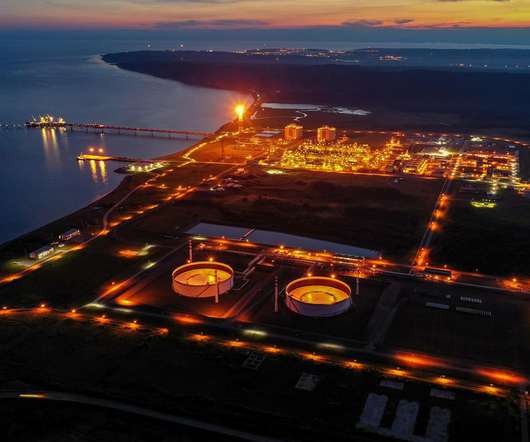BP Statistical Review finds global oil share down for 12th year in a row, coal share up to highest level since 1969; renewables at 2%
Green Car Congress
JUNE 13, 2012
The report also highlighted supply disruptions as one of the major energy events of the year. The “Arab Spring” affected oil and gas supplies—most notably the complete, albeit temporary, loss of Libyan supply—while the tragic Fukushima accident in Japan had knock-on effects for nuclear and other energy sources around the world.












Let's personalize your content